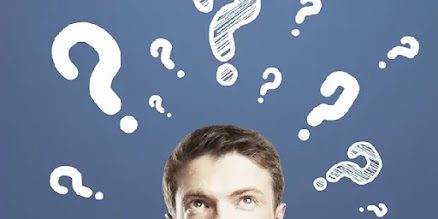Strength Based Coaching

In my limited coaching experience, when coachees are asked what they would like to talk about or focus on, it is usually on an area of “weakness”. This comes as no surprise as research has shown that across a wide array of psychological events, people tend to focus more on the negative as they try to make sense of the world. We have a tendency to 1. Pay more attention to negative events, rather than positive ones 2. Learn more from negative outcomes and experiences, and 3. Make decisions based on negative information rather than positive data To me, this makes strength-based coaching that much more important. To me, strength-based coaching is really about drawing the coachee's attention towards their strength, not to distract them from their challenges but to help them amplify their strength, to leverage it to help them overcome challenges or even to maximise their potential. It’s helping coachees realise that they have it within them to overcome their challenges. This is ke...








.jpeg)


